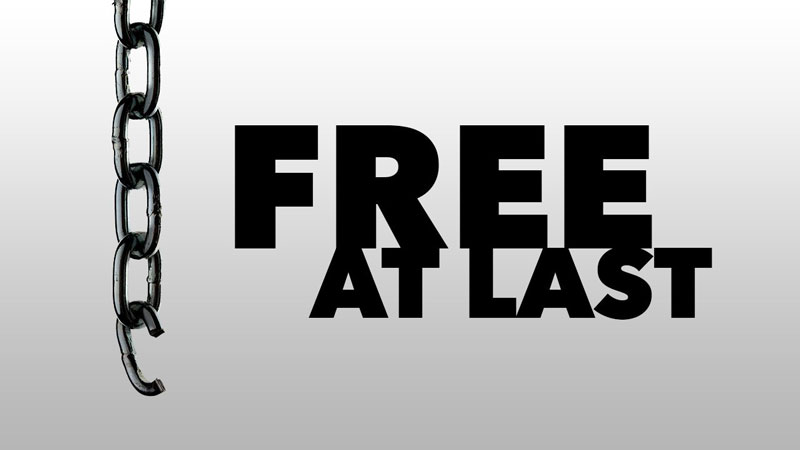×
The Standard e-Paper
Home To Bold Columnists

I’ve spoken about privilege before; the idea that some humans walk through this life with such a sense of entitlement that the universe responds in kind. I now realise that my arguments were academic then, and I’ll tell you why.